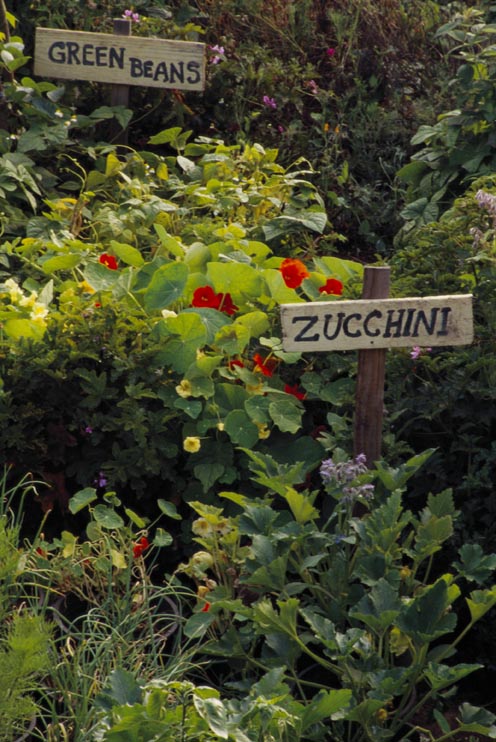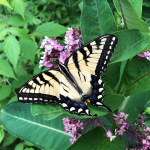Beginner’s Garden Tips
See vegetable growing chart If you’re ready to think about a vegetable garden, remember this — it’s better to be proud of a small garden than to be frustrated by a big one! One of the common errors for beginners is planting too much too soon and way more than anybody could eat or want. […]

Coffee By Design | Portland, Maine
Photo Credit : Katherine KeenanIf you’re ready to think about a vegetable garden, remember this — it’s better to be proud of a small garden than to be frustrated by a big one!
One of the common errors for beginners is planting too much too soon and way more than anybody could eat or want. Unless you want to have zucchini taking up residence in your attic, plan carefully. Start small.
The Very Basics
Here are some very basic concepts on topics you’ll want to explore further as you become a vegetable gardener extraordinaire:
- Vegetables love the sun. They require six hours (continuous, if possible) of sunlight each day, at least.
- Vegetables must have good, loamy, well-drained soil. Most backyard soil is not perfect and needs a helping hand. Check with your local nursery or county extension office about soil testing, soil types, and soil enrichments.
- Placement is everything. Like humans, vegetables need proper nutrition. A vegetable garden too near a tree will lose its nutrients to the tree’s greedy root system. On the other hand, a garden close to the house will help to discourage wild animals from nibbling away your potential harvest.
- Vegetables need lots of water, at least one inch of water a week. In the early spring, walk around your property to see where the snow melts first, when the sun catches in warm pockets. This will make a difference in how well your vegetables grow.
Deciding How Big
A good-size beginner vegetable garden is 10×16 feet and features crops that are easy to grow. A plot this size, planted as suggested below, can feed a family of four for one summer, with a little extra for canning and freezing (or giving away).
Vegetables that may yield more than one crop per season are beans, beets, carrots, cabbage, kohlrabi, lettuce, radishes, rutabagas, spinach, turnips. For the plan below, your rows should run north and south to take full advantage of the sun.
Leave 2 feet between bush beans, 1/2 foot between bush beans and lettuce, and 1 foot between all of the rest.
Make your garden 11 rows of 10 feet each of the following veggies:
Tomatoes — 5 plants staked
Zucchini squash — 4 plants
Peppers — 6 plants
Cabbage
Bush beans
Lettuce, leaf and/or Bibb
Beets
Carrots
Chard
Radishes
Marigolds, to discourage rabbits!
(Note: If this garden is too large for your needs, you do not have to plant all 11 rows, and you can also make the rows shorter. You can choose the veggies that you’d like to grow!)
TIPS FOR GROWING VEGETABLES
From Yankee‘s sister publication, The Old Farmer’s Almanac








Another way to rid bunnies from yard is to put stakes in ground and tie regular post office string (loop) around each stake all the way around. Say 3 layers going up stake. Bunnies do not like to try to get past this type of laying. This still gives you time and space to work in garden. I do make a little plot of something for the bunnies but it is quite a distance from my garden. Some type that doesn’t require alot of watering also.
This article is excellent, but I have a question, how do you get rid of woodchucks who get into the garden and eat the leaves and vegetables. We have been using a trap but it works sometime and not others. Is there anything that we can put into the soil to keep them away?
I never knew that plants need at least one inch of water a week in order to grow properly. I’m thinking of growing my own garden but I have never done it before so I don’t have much experience. I wonder if buying higher quality seeds will give better results. https://www.vermontwildflowerfarm.com/
Thanks for explaining how keeping your garden close to the house can help to prevent animals from damaging your plants. My therapist suggested that I start a new hobby to keep myself occupied, so I have been thinking about starting a garden in my backyard. Your tips will be helpful as I choose the perfect location and start shopping for supplies.